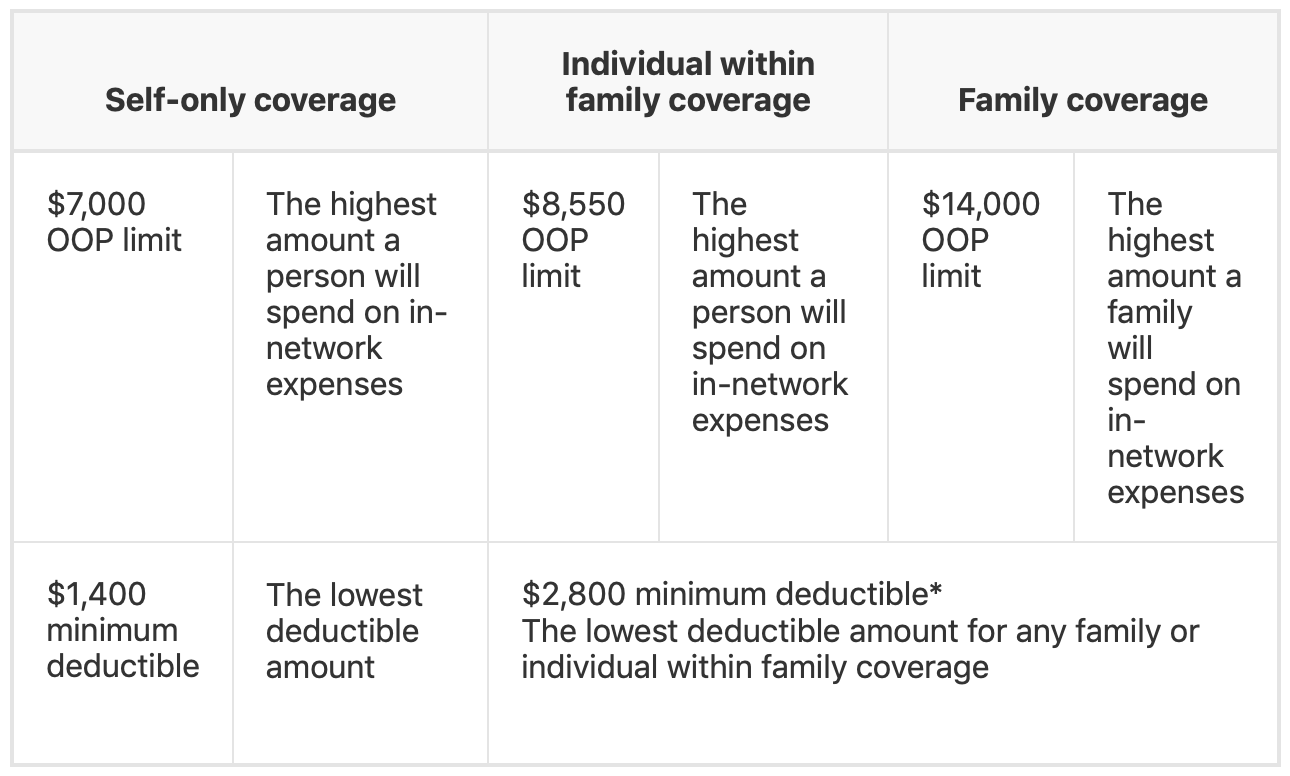On March 11, 2021, President Joe Biden signed into law the American Rescue Plan Act of 2021 (ARPA). The legislation goes into effect April 1, 2021, and contains provisions for a COBRA subsidy and an increase to the annual dependent care FSA contribution limit for 2021.
COBRA Premium Subsidy
The ARPA includes a 100% COBRA premium subsidy for eligible individuals and their family members. Details about the subsidy and criteria are included below.
- The subsidy will cover 100% of the COBRA premiums for employees and family members who are losing group health coverage as a result of an involuntary termination of employment or reduction in work hours.
- The subsidy will begin on April 1, 2021, and end on September 30, 2021.
- Any eligible individual who is enrolled in COBRA or will enroll in COBRA on or after April 1, 2021, and before September 30, 2021, will have the subsidy available to them.
- The subsidy is not available for individuals who voluntarily end employment or become eligible for group health plan coverage elsewhere.
- Employers will receive a credit for the COBRA subsidy through a payroll tax credit against their quarterly taxes.
Dependent Care FSA Limit Increase
The legislation also includes a voluntary one-year increase to the annual dependent care FSA contribution limit. Employers who want to offer the limit increase to their employees must amend their plan documents.
- For calendar year 2021, the dependent care FSA limit is increased to $10,500 or $5,250 for married individuals filing separately.
- ARPA automatically sunsets this increase at the end of the 2021 calendar year. As with any legislative change, we are here to help our clients navigate these changes and reduce any administrative burdens.


